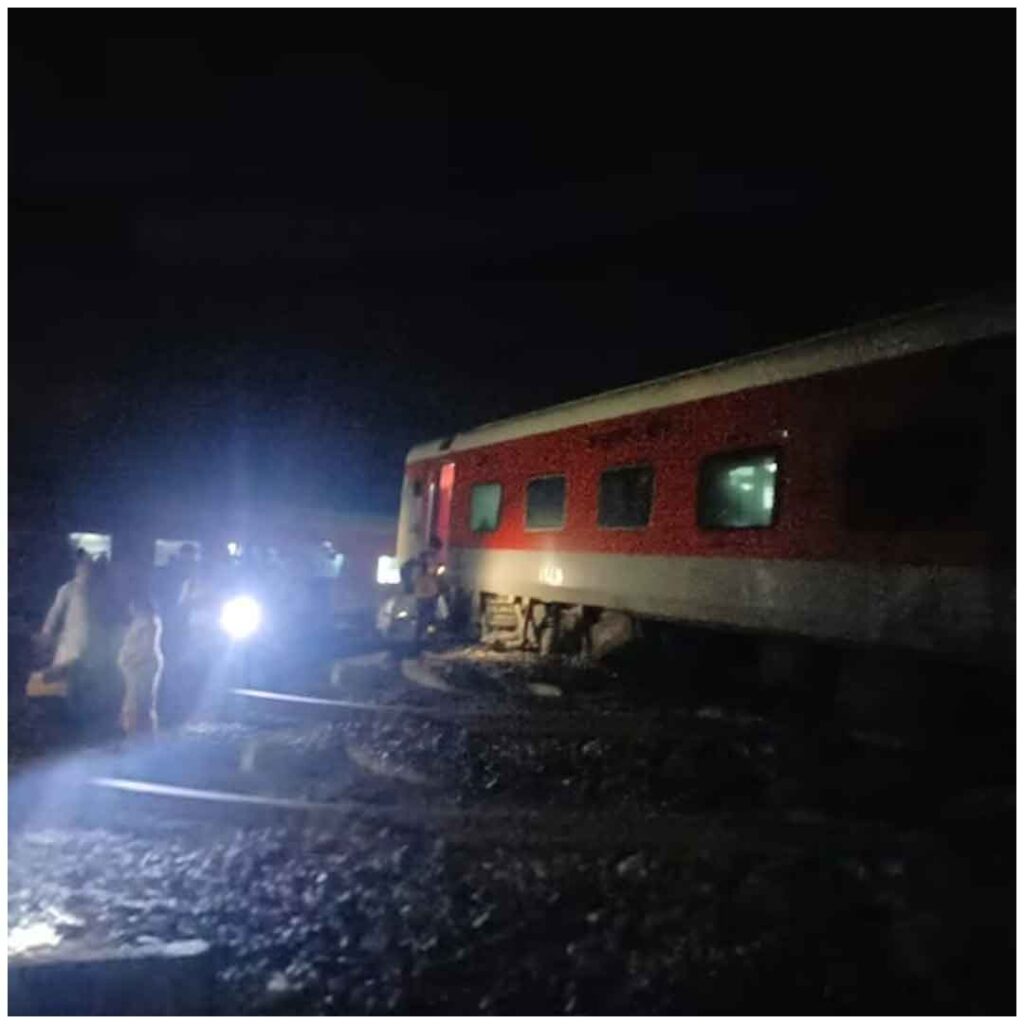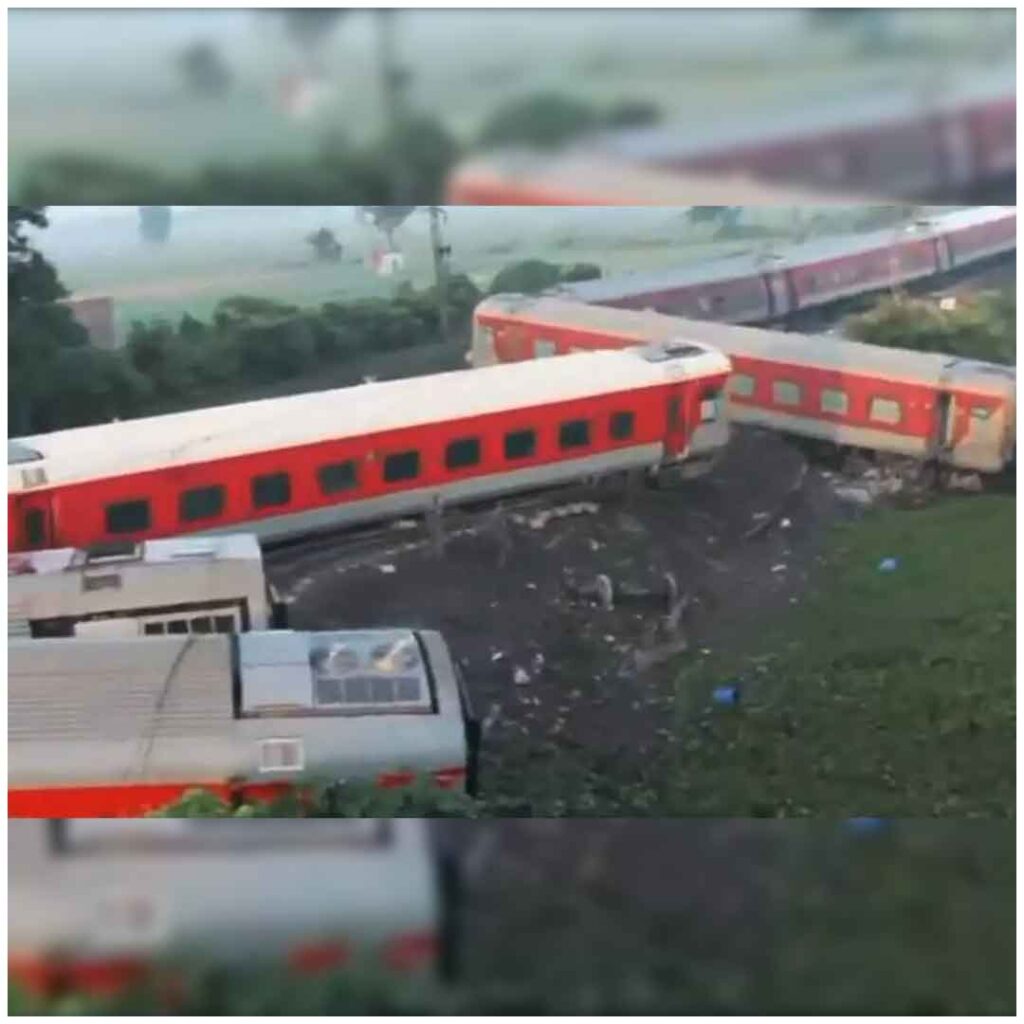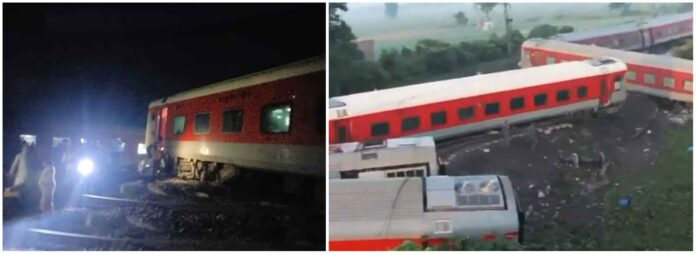The safety and reliability of a country’s railway network are paramount, as millions of passengers rely on it daily for their commutes and long-distance travel. Unfortunately, sometimes tragic incidents occur, serving as stark reminders of the continuous need for vigilance and improvements in railway safety and infrastructure. The recent derailment of the North East Express in Bihar, India, was one such incident, leading to the loss of lives, injuries, and significant disruptions in train services.
The North East Express Derailment:
The North East Express is a vital train that connects northeastern India with central regions. On the fateful day of the derailment, the train encountered an unexpected and devastating accident in Bihar, a state known for its historical significance. The incident unfolded with the derailment of the train, leading to a chain of events that had severe consequences.

- Loss of Lives:
The most tragic aspect of this derailment was the loss of four lives. Four passengers who had boarded the North East Express that day never made it to their intended destinations. These unfortunate deaths serve as a stark reminder of the risks associated with railway travel, especially when safety measures are compromised.
- Injuries:
In addition to the loss of lives, the derailment resulted in injuries to a staggering 70 passengers. The injured passengers had to grapple with the immediate physical and psychological consequences of the accident. They needed prompt medical attention and care, underscoring the importance of quick response and adequate medical facilities near accident sites.
- Train Diversions:
The incident’s timing and location were critical, as it occurred during the operation of multiple other trains in the vicinity. To manage the situation effectively, railway authorities decided to divert 21 trains from their regular routes. This strategic move aimed to prevent bottlenecks and minimize delays while the accident site was being cleared and safety checks were performed on the affected tracks.
Safety and Ongoing Improvements:
The derailment of the North East Express highlights the continuous need for safety and improvements in railway operations. Regular maintenance, monitoring, and safety protocols within the railway system are crucial to prevent accidents and minimize their impact. It serves as a reminder of the necessity for ongoing investments in the modernization of railway infrastructure, as well as training for railway personnel in the latest safety measures and technology.

Lessons from the Incident:
The incident in Bihar also underscores the importance of thorough investigations to identify the causes of such derailments and make necessary upgrades to prevent similar accidents in the future. As passengers and railway authorities adapted to the cancellations and diversions in the wake of the accident, the resilience and adaptability of both passengers and authorities shone through.
Conclusion:
The North East Express derailment in Bihar was a tragic incident that resulted in loss of lives, injuries, and significant disruptions in train services. It serves as a sobering reminder of the ongoing commitment required to maintain the safety and reliability of a country’s railway network. As the region slowly returns to normalcy, it is essential to reflect on the lessons learned from this incident and use them to drive further improvements and innovations in railway safety and operations. The safety of millions of passengers who rely on this vital mode of transportation is a responsibility that should never be taken lightly.






















